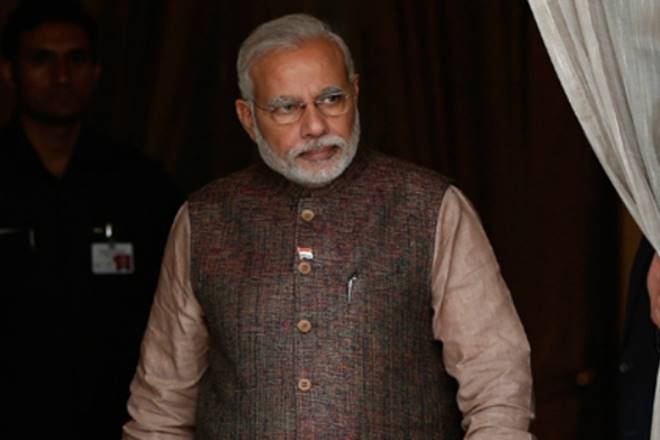Ever since Narendra Modi assumed office in May 2014, the question of him becoming the first Prime Minister of India to visit Israel was never in doubt. After all, Modi has a special attachment to Israel — a country that had made considerable investments in Gujarat when he was the chief minister. Modi, it is said, strongly believes that Israel can play an important role towards the success of his “Make in India” programme too.
Additionally, Modi’s party, the Bharatiya Janata Party (BJP), has always admired Israel for its pride in nationalism and respect for the military. In what was the first-of-its-kind by an Indian political party, it was the BJP convention in October 1991 that called for establishing full diplomatic relations with Israel. In fact, it was BJP leader Atal Bihari Vajpayee, who as the then external affairs minister, had arranged a secret visit of his the then Israeli counterpart Moshé Dayan to India in 1978. And as the Prime Minister of India, Vajpayee, in September 2003, had also hosted Israeli premier Ariel Sharon.
Towards the middle of this year, Prime Minister Narendra Modi is expected to embark on an official visit to Israel. It will be the first visit by an Indian PM since the countries normalised relations in 1992. In the context of India’s growing ties with Israel, this will be an important moment and should serve as an occasion to expand bilateral engagement.
You may also like to watch:
Israel has emerged, along with Russia and US, as one of India’s most important defence equipment suppliers. In addition, it has proved to be one of the most reliable partners India has on overall security links including intelligence sharing.Commercial ties have widened to span areas such as technology, solar energy and agriculture. Israel is keen on negotiating a free trade agreement with India. Even if merchandise trade between the countries is modest now, the commercial engagement can have far reaching impact in future.
During the visit of Israel’s President Reuven Rivlin to India in November, steps were taken to tap Israel’s experience in water management and agriculture. Israeli technology in these areas is advanced and can play an important role in helping India cope with its challenges.


